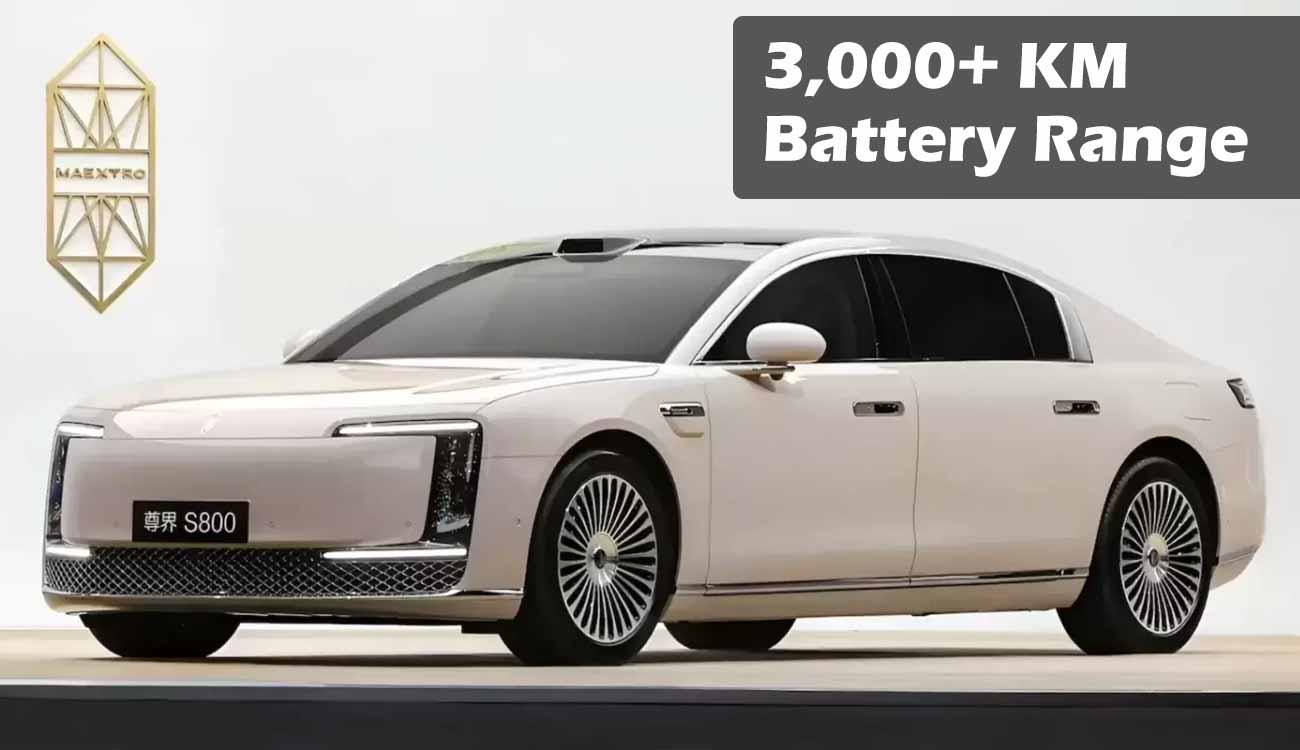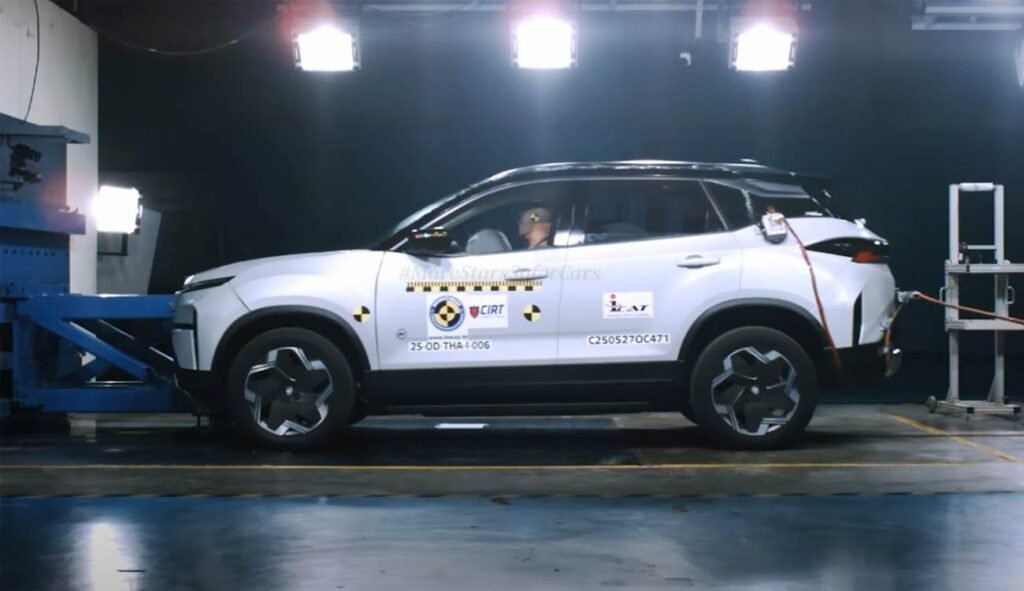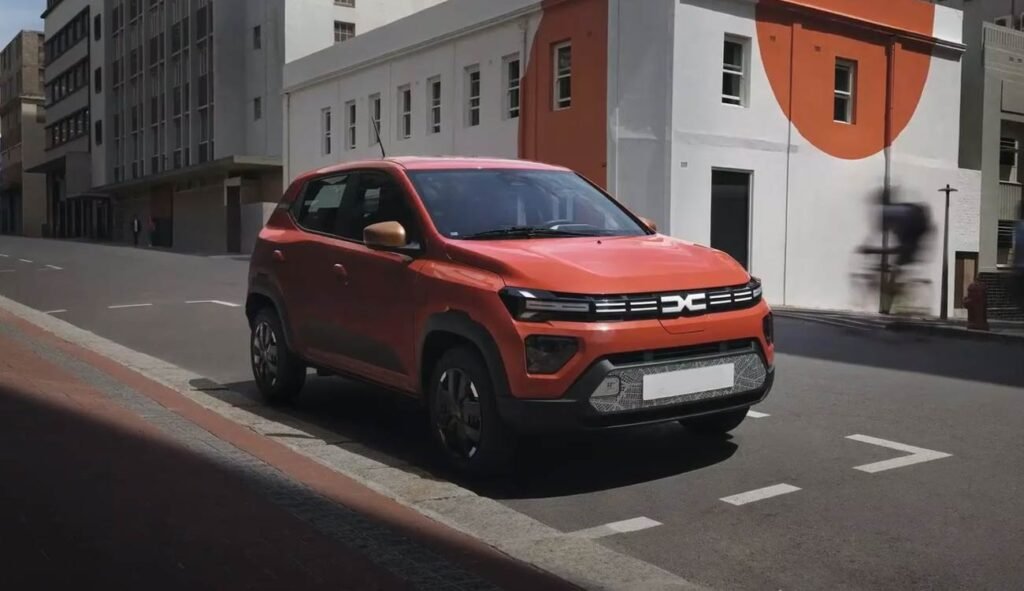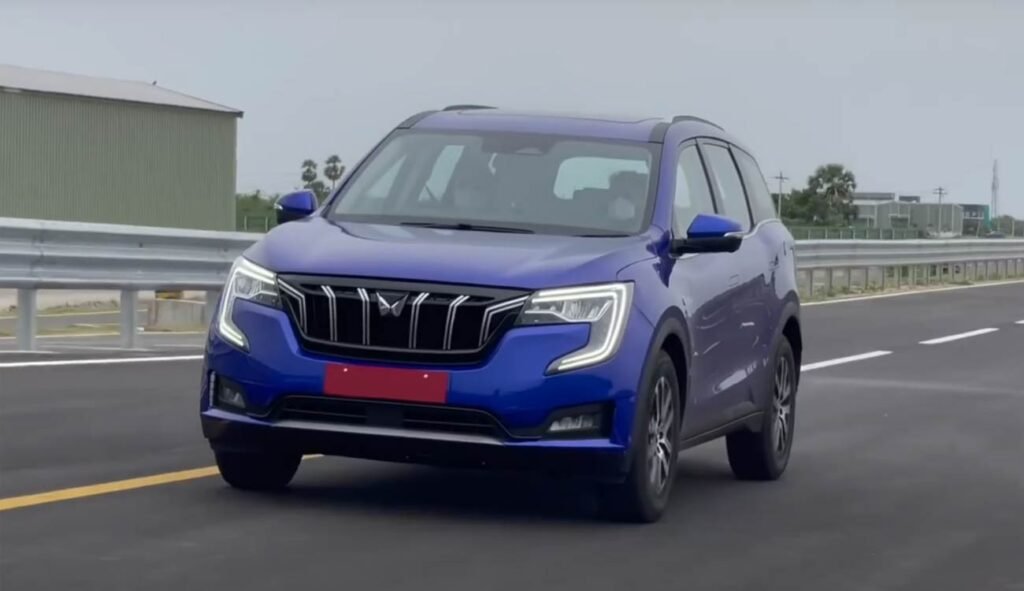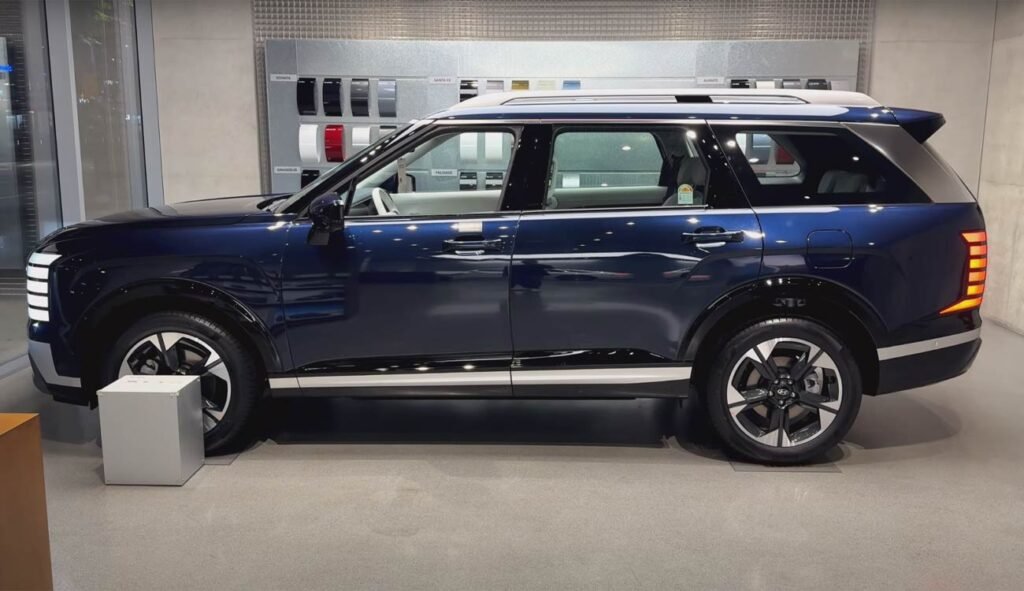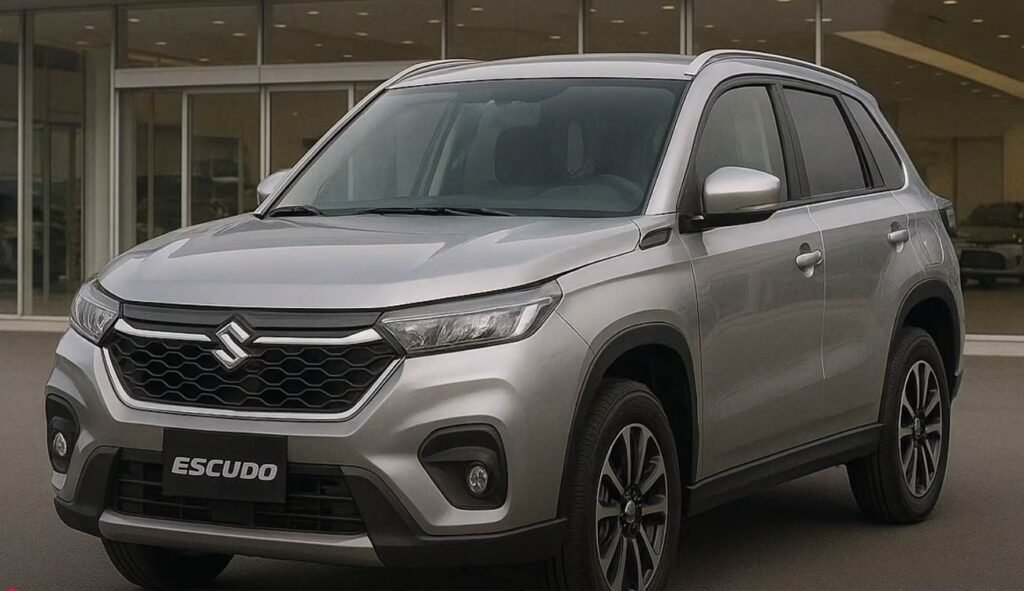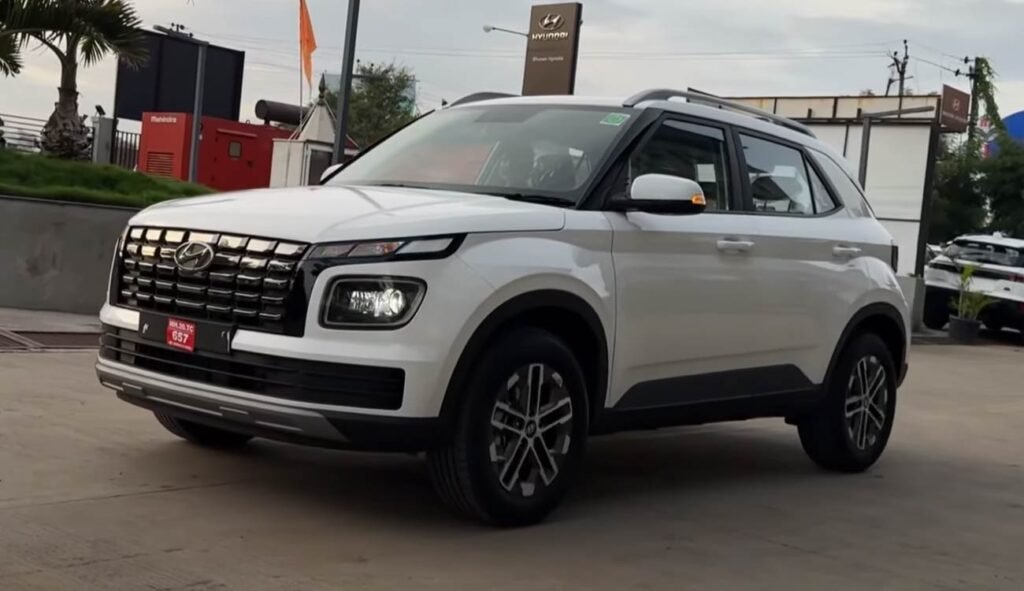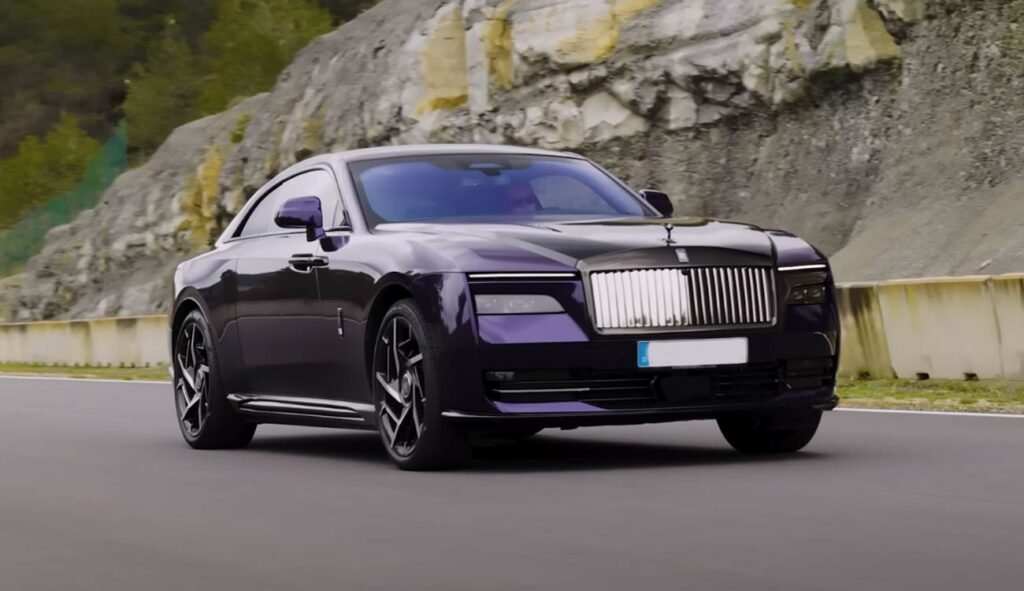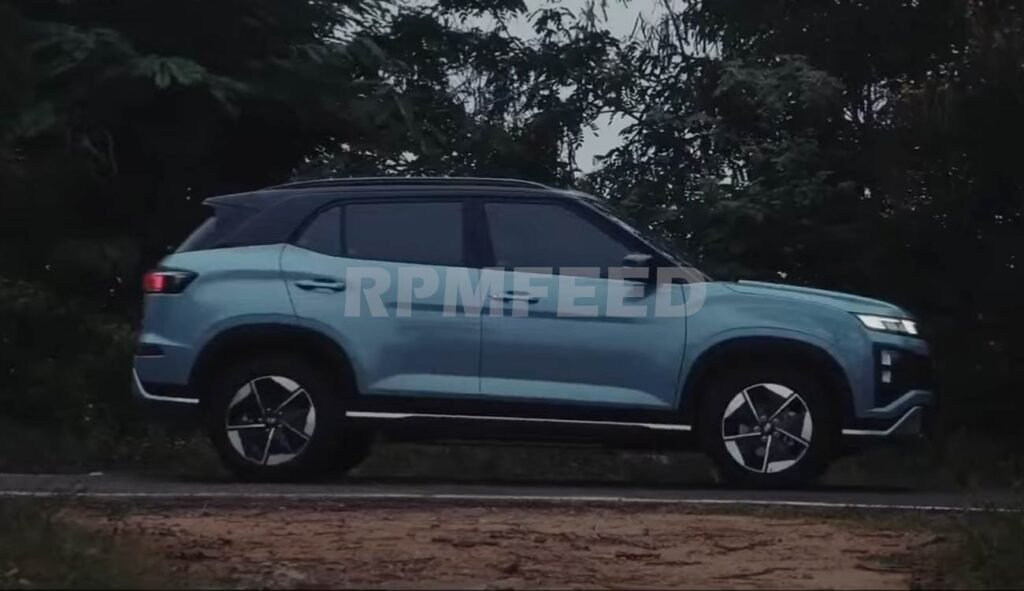Huawei has filed a groundbreaking patent for a solid-state EV battery that promises a driving range of over 3,000 km on a single charge and ultra-fast charging in just 5 minutes. This innovation has the potential to redefine the EV industry and eliminate range anxiety for drivers.
A Closer Look at Huawei’s Revolutionary Solid-State EV Battery
Huawei, the tech giant based in Guangdong, China, is making waves in the electric vehicle (EV) space with its innovative solid-state battery technology. According to the patent filed by the company, this advanced battery leverages a nitrogen-doped sulfide electrolyte, achieving an impressive energy density of 400–500 Wh/kg. That’s up to three times higher than current lithium-ion battery technology! The standout feature? The battery can be charged from 0 to 100% in just 5 minutes.
Overcoming Industry Challenges in Solid-State Batteries
Solid-state batteries have long been hailed as the future of EV technology due to their high energy density and potential for fast charging. However, they face significant challenges, such as stabilizing the lithium interface and mitigating harmful side reactions. Huawei’s patent claims to address these issues by using nitrogen-doped sulfide electrolytes, a solution aimed at making this technology safer and more efficient.
Despite the promises, experts caution that the road to commercialization remains fraught with challenges. The high production costs of sulfide electrolytes, which currently sit at around $1,400 per kWh (approximately $1,20,000), pose a major barrier. Furthermore, the lack of infrastructure to support ultra-fast charging rates adds to the hurdles.
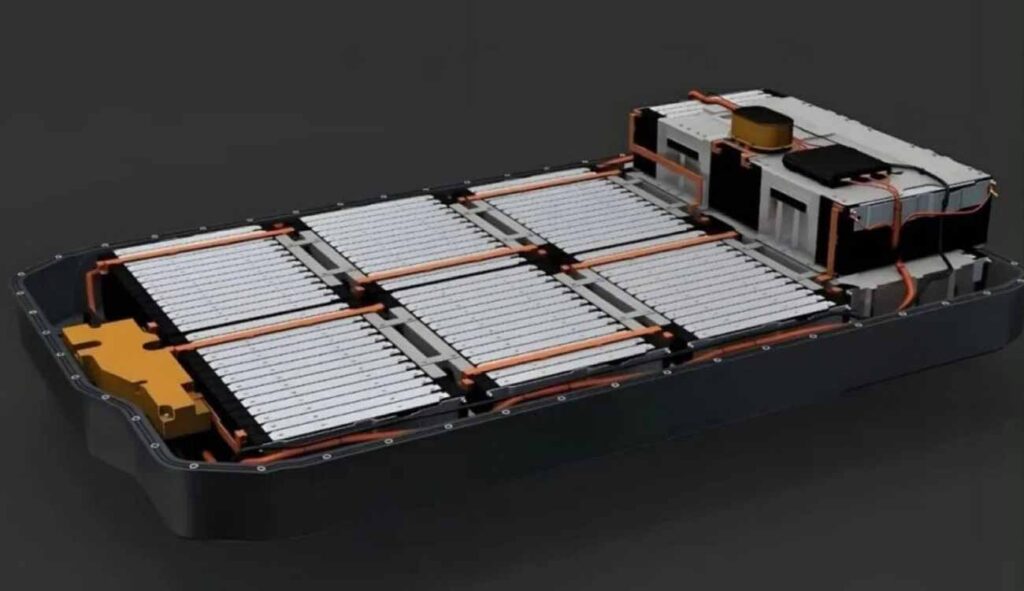
Real-World Performance and Driving Range
Huawei’s claimed 3,000+ km range is based on the CLTC (China Light-Duty Vehicle Test Cycle). However, under the stricter EPA cycle, this range would drop to around 2,000+ km. Even so, this figure far surpasses the range of any mainstream EV available today, offering a significant leap forward in addressing range anxiety.
Industry Landscape and Future Prospects
While Huawei currently does not manufacture power batteries, its substantial investments in battery research and materials signal an intention to become a major player in the future. With global battery manufacturers like Toyota, Samsung SDI, and CATL aiming to commercialize solid-state batteries by 2027–2030, Huawei’s surprising announcement could disrupt the timeline and give it a competitive edge.
If Huawei can overcome the challenges posed by production costs and infrastructure demands, its innovation could completely reshape the EV industry. The technology not only holds the promise of eliminating EV range anxiety but also significantly reduces charging delays, paving the way for a more sustainable future for transportation.
What This Means for the EV Industry
Huawei’s bold move in filing this patent reflects its commitment to driving innovation in the EV space. If it successfully brings this technology to market, it could catalyze a new era of electric vehicles that balances speed, efficiency, and sustainability.
For now, the industry watches closely as Huawei aims to establish itself as a leader in solid-state battery technology, potentially changing the way we think about EVs forever.
